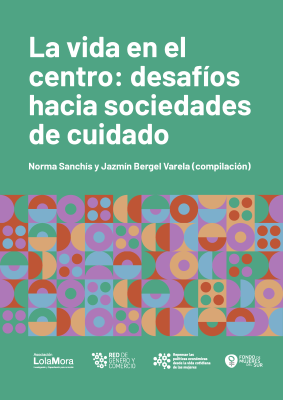Placing the construction of a Care Society on the horizon of the feminist agenda, as proposed to the governments of Latin America and the Caribbean by ECLAC and UN Women at the XV Regional Conference on Women (Buenos Aires, 2022), is not simply a rhetorical statement. Rather, it implies proposing structural changes in many aspects of life and, above all, challenging consolidated economic and political powers in the region. This proposal may seem excessive and therefore discarded in favor of more realistic approaches, but it can also be configured as a utopia that, as Eduardo Galeano would say, "serves to walk towards." We face many challenges in achieving societies that effectively place the reproduction of life at the center of social and economic organization. Some of the thematic areas proposed as nodal points of the care agenda in the region are: the link between the distribution and quality of care with macroeconomic policies; the potential and limits of state action for the recognition, redistribution, and remuneration of care; the intersectionality of care in relation to the territories in which it is carried out, and the organization of caregivers as workers. This book aims to contribute to the debate and the generation of political strategies that advance the structural transformations necessary to put life at the center of our societies.
- Latin America and the Caribbean



